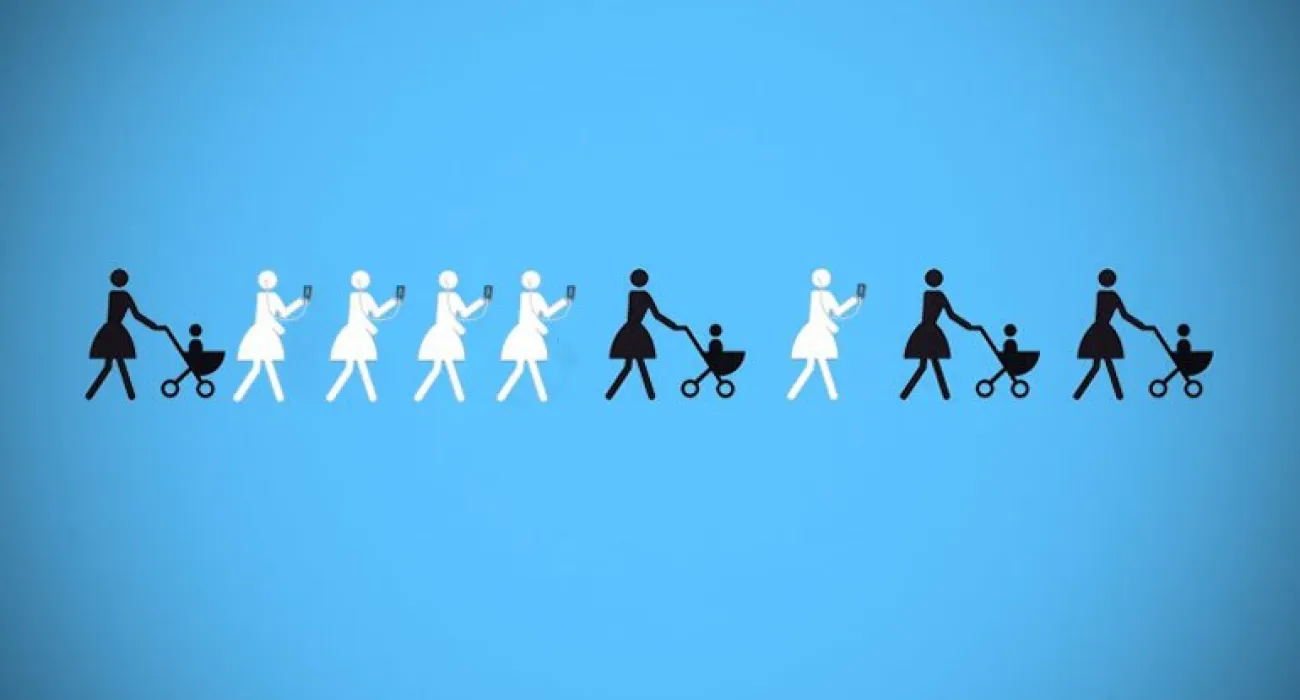There are always interesting angles to discuss when it comes to financial planning. One of the trends that continues to explode across the United States is the mere fact that more and more women are going childless. The Wall Street Journal just ran a great article recently on this story. According to new data from the U.S. Census Bureau, the percentage of women in their 30's and 40's going without children is rising. For women in their late 30's, about 18.5% of the women aged 35 to 39 are going childless which is sharply up from 17.2% in 2012. The trends are also up for women aged 40 to 44. So, what does this mean as it pertains to financial planning for women in the United States who are going without children?
In my opinion, there are several reasons we are seeing this trend happening in the United States today:
- More and more women are getting married later in life. The delay for later marriages shrinks the window of having children.
- Some Americans now just prefer or have made a conscious choice to not have children. Most surveys (according to the Wall Street Journal) say that the average American still wants two children, but I'm seeing an increased trend both emotionally and financially where choices are being made to not have children.
- The cost and process of both fertility and adoption are pricey, making it incredibly difficult for having children later in life. Data also shows (source: wsj) that more of these parents having children later in life are merely cohabitating and not actually married.
Here are five smart money moves women should consider who are going the route of not having children:
- Will you have a paycheck in retirement?- Considering that you will be the sole provider for your retirement, will you have enough money in the bank plus social security to maintain the standard of living you have today? While families who have children see their expenses go down when the kids are out and often downsize their homes, your lifestyle may remain exactly the same. This means, you may need a higher percentage of your current day income to keep up your lifestyle in retirement.
- Will you be the chosen sibling?- If you have 2, 3, 4, or more siblings, will you be the daughter who is counted on to take care of Mom or Dad? Because in theory you have more time and less responsibilities. While there may be no logic in this argument, your brothers and sisters may use their kids as an excuse for not being readily available to help out with Mom and Dad. This could leave you in a pickle if you don't set clear expectations.
- Long-Term Care- The cost of long-term care insurance gets pricier and pricier each and every year. You might want to consider picking up a policy before the age of 50 in order to lock in a lower cost long term premium. Remember, you may be the one to maintain your own dignity and standards down the road, so this might be an important piece of insurance to pick up for yourself.
- Beneficiary Designations- This isn't a fun one to think about, but if Mom and Dad are still living do you want them to be the ones who receive the assets from your estate? Or, do you want it to go to one or two of your nieces and nephews that you like the most? Perhaps it would be best to just split it equally between your brothers and sisters?
- Make sure you have hobbies and interests- Some of the women in this age range have done remarkably well in their careers easily earning six figures or more. What will happen when the rigors of your job end sometime in the future? If you took a three to six month sabbatical, do you know how you would fill the days? It will be important that you have other interests outside of work for the future.
Will this number end up being 50% sometime soon? How will this change the future landscape of America? Love to hear your thoughts.
Written by: Ted Jenkin
Request a FREE consultation: www.oxygenfinancial.net
If you would like to receive more information on making smart money moves for your future, be sure to contact us today!




